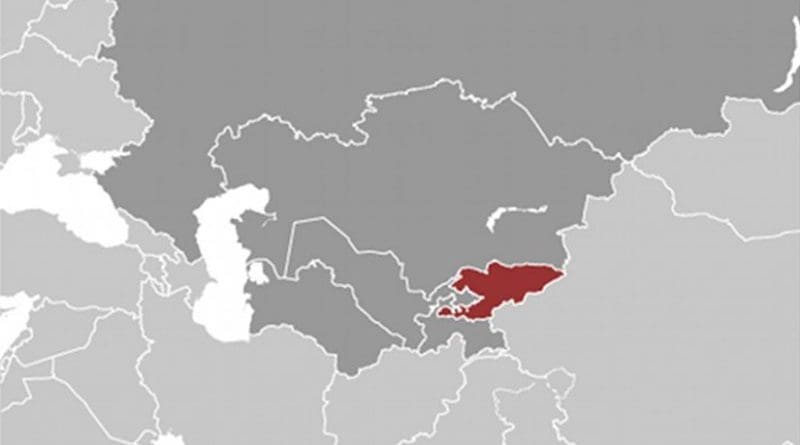Kyrgyzstan Now Has More Mosques Than Schools – OpEd
Kyrgyzstan’s prime minster, Temir Sariyev, says that his country now has more mosques than schools, something that he described as “a dangerous trend” for the future. But while that may be so, other reports suggest may not reflect the real balance of influence between the two.
Sariyev says that in Kyrgyzstan now, there are 2669 mosques and 67 medressahs, compared to 2027 schools and 52 higher educational institutions, a reflection, he says, of the desire of many wealthy people to build mosques in their own honor and of the absence of a desire to build schools (fergananews.com/articles/8693).
Kyrgyzstan officials say that there are too few schools, something that results in overcrowding, too few people willing to teach because of low salaries, and too much uncontrolled internal migration which means that there are often far more children at any one place, such as the capital Bishkek, that officials had planned on.
Most of the country’s schools were built in Soviet times and in the capital even before World War II. Some are in poor repair, and administrators often try to extract money from parents seeking to gain admission for their children nominally to fix up the schools but in fact to pocket because of low salaries.
Teacher salaries are low and often now paid in a timely fashion. The problem is especially critical in public schools where salaries are lower than in private ones and in subject areas like Russian language and the hard sciences where those who have the skills to teach them have other more profitable opportunities.
And these problems, Kygyzstan officials concede, have led to serious overcrowding, The Schools of Bishkek were planned for 74,695 students; but at the start of the last academic year, there were 120,229 enrolled. More have arrived this year, pushing up class size and forcing the schools into two or more shifts.
But the number of schools as compared to the number of mosques may not tell the whole story, despite what officials and some analysts fear. In neighboring Uzbekistan, for example, both government officials and mullahs are on the warpath now against waltzes and showings of “Love Story” in local weddings (islamsng.com/uzb/news/9674).
Both officials and mullahs say such things are inconsistent with national and religious values. However, they just happen to be what young people want, an indication that the power of the internet may be greater than the power of either the public schools or the mosques to determine choices.

